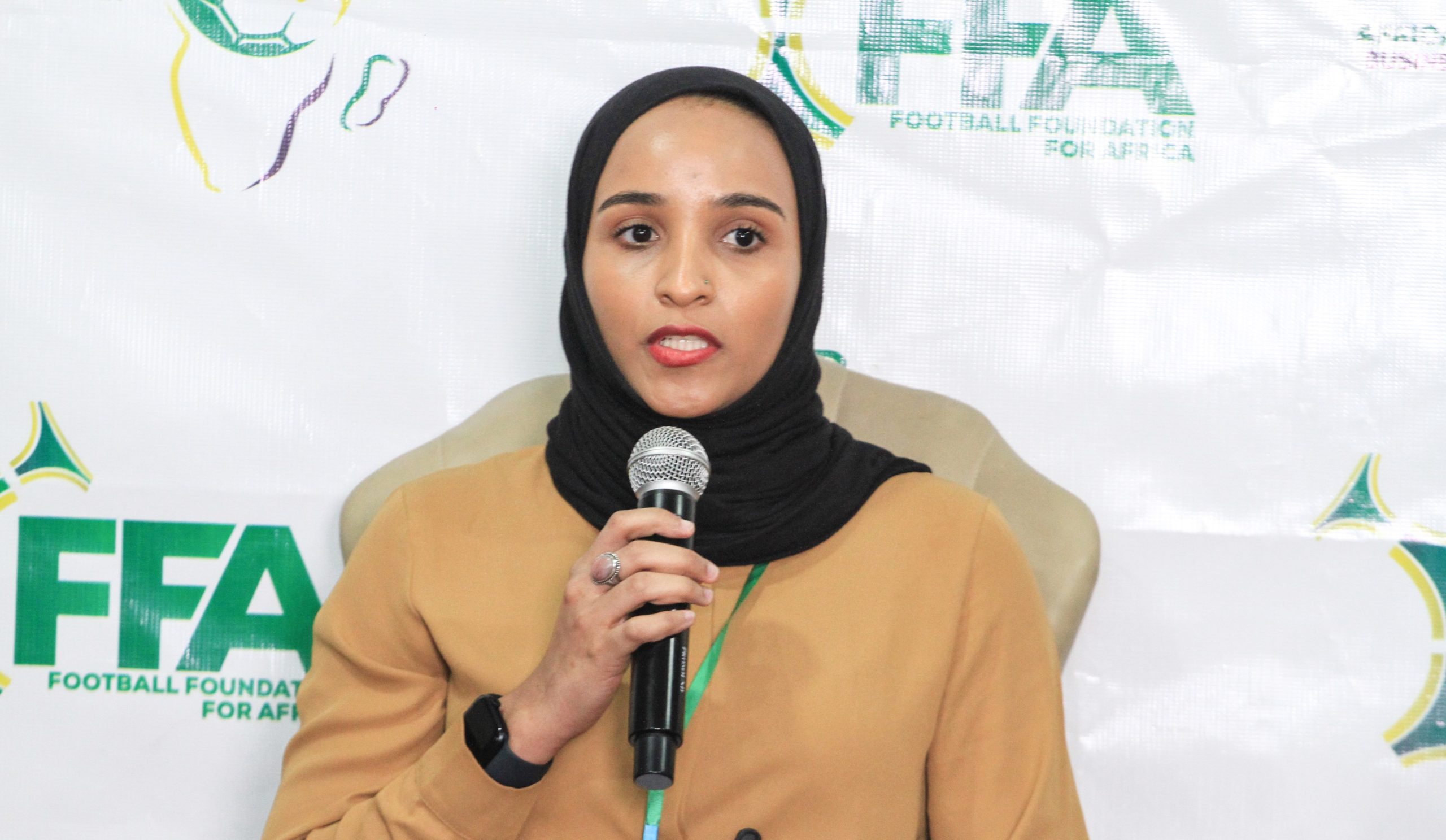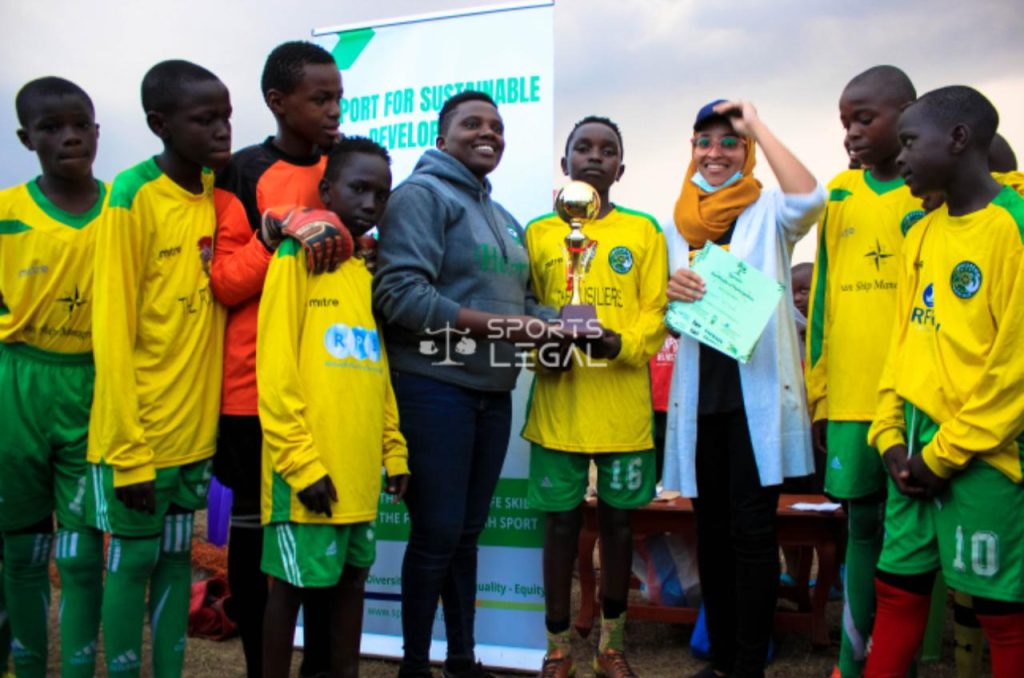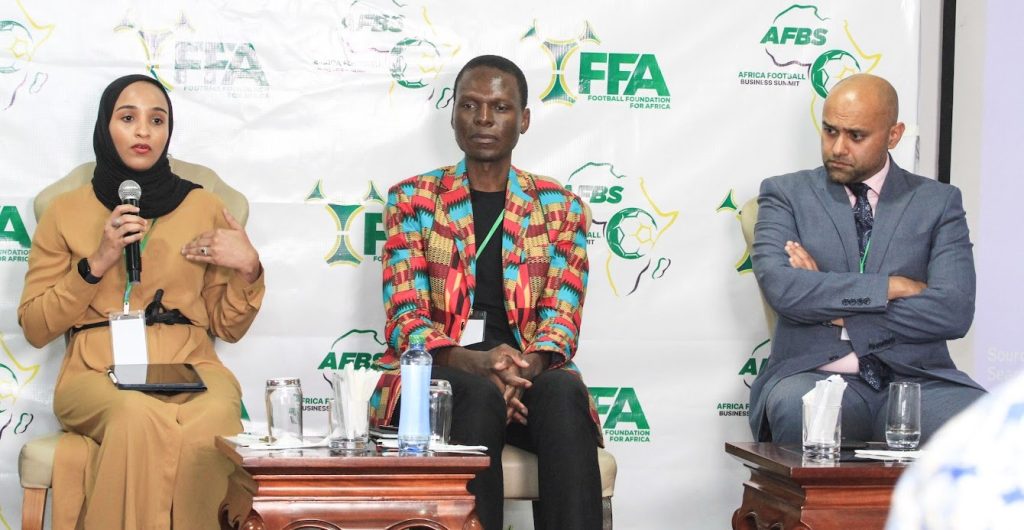
From very early on, Khayran Noor was driven by two things: that she wanted to be a lawyer and that her brand of law wouldn’t involve arguing in front of a judge. Ms. Noor was born and raised in Mombasa, and as far back as she can remember, she was always inclined to sport. From an early age, Khayran took up sprinting. She even caught the eye of Kenya’s National Team Sprint Coach Steen Mwaniki, who offered to train her – pro bono. They did have a few sessions at Nyayo Stadium before an academic career for the young prospect, and a packed schedule on the instructor’s side dim Ms. Noor’s star on the track.
She studied law at Kenyatta University, Kenya School of Law, and the mandatory apprenticeship Ms Noor took on, knowing her legal mind and path would lead in a different direction. “I didn’t feel I’d gain the experience I’d want working at a traditional law firm,” Ms. Noor explains of her decision not to practice what most, then and now, would refer to as law.
In her third year of Law School, Ms. Noor learnt about the area of practice: Sports Law. She jumped at the opportunity to educate herself on the new career path in Kenya. For her, it was a hunger to ensure the proper governance and management of sport in Kenya and, in that, helping athletes/players meet their goals. “Without the athlete, there is no sport, yet the set-up we have has the sportsmen suffering the most,” says Ms Noor.
Sports is a key reason she developed a positive and resilient mindset. This mindset has been instrumental in overcoming various systemic obstacles I have faced as a youthful and neglected member of society. As a Muslim woman from a marginalised tribe and a humble background, this mindset is focused on forging pathways out of the pervasive underdevelopment and runaway poverty around her.
In 2016, a lecturer advised Ms Noor to put down her thoughts on paper. The lecturer said this would help her learn, write and research more on law in sports. She then set up Sports Legal as a blog where she shared her thoughts and opinions on what was happening on pitches, courts and tracks locally and globally.

With Sports Legal, Ms. Noor could partner with like-minded players in her field, working with persons with disabilities in Nairobi and organising football tournaments for marginalised children in Kahawa West. Sports Legal also worked on programs for Women in Football, training leaders and creating awareness through the beautiful game.
During the COVID-19 pandemic, Ms Noor was contacted by The Football for Africa, Founder Brian Wesaala. He wanted legal input on a series of shows he wanted to put out – the African Football Business Show (Governance Series). Later, Mr Wesaala would invite Ms Noor to speak at the inaugural African Football Business Summit in October 2022 in Nairobi. She presented on dispute resolution and transparency in football governance.
Ms Noor will be making an encore appearance during the African Football Business Summit’s second edition in September 2023 in Nairobi. She says, “Sports can be used as a tool to advocate for human rights,” which is an oxymoron since the sports arena is a prominent human rights violator. She terms corruption, gender inequality, sexual harassment/abuse, racism and doping as some of the ills afflicting sport, and this may be a pointer to her presentation during this year’s Summit.
In her work, Ms. Noor is daily trying to remedy this. “We’re using a broken system to fix a broken system,” she says of the status quo.

